What Is Wrong With a Car if Its Hesitating and the Speedometer Is Acting Funny
(Updated on June 30, 2020)
Car engine hesitation is a noticeable problem that can occur as you're driving. When you go to step on the gas pedal to accelerate, you will suddenly feel like the power has been lost in the engine for a couple of seconds.
Instead of going faster by stepping on the accelerator pedal, the speed will be reduced. The vehicle may even stumble entirely during these seconds. This is what it means when the car engine hesitates.
Need immediate help for your car problem? Chat online with an expert:
It is usually the result of a problem with the air and fuel mixture within the combustion chamber. However, there is a long list of other reasons which could be the cause of this hesitation problem too.
Top 10 Reasons Your Car Hesitates When Accelerating or Driving
One thing is for sure, you won't be able to drive safely if your engine keeps hesitating while you're on the road. You will need to figure out the cause of this problem and get it fixed by an experienced mechanic.
In any case, you will likely find the problem relates to an imbalance in fuel and air mixing in the chamber. Either there will be too much air or fuel, or too little. To help you pinpoint the cause of this problem, below are 10 of the most common causes of engine hesitation while driving.
1) Bad Throttle Position Sensor
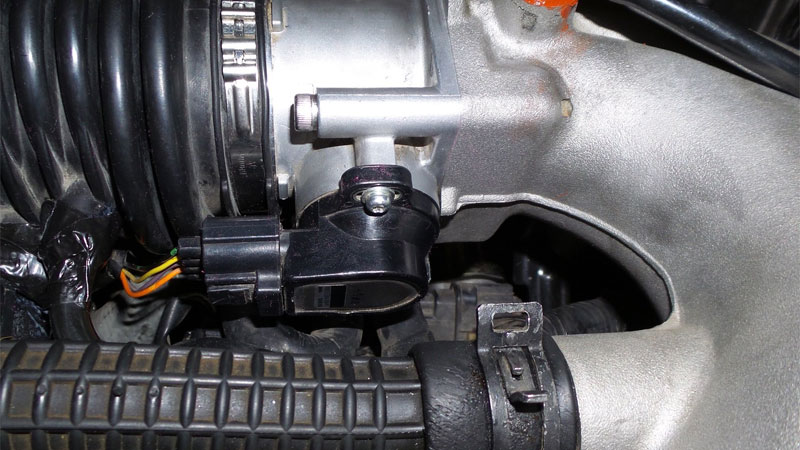
The throttle position sensor monitors the throttle valve's position and then relays this information to the engine control unit. This helps sustain the proper air and fuel mixture while the vehicle is in use.
If this sensor goes bad, the engine control unit will be unable to keep the right balance in the mixture. Replacing the TPS is the only solution.
2) Vacuum Leak
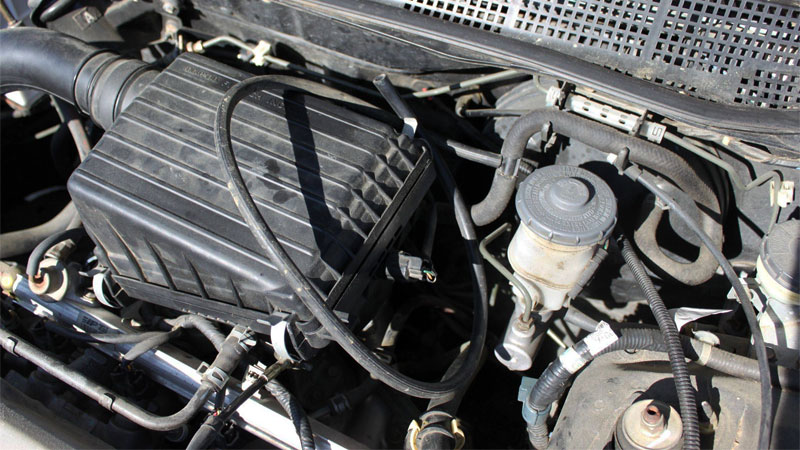
If any of the vacuum hoses around your engine become damaged or worn out, you could experience air leakage from them. Then you will experience engine hesitation which is most noticeable at low RPM. Repair or replace any hoses which are causing the leak.
3) Faulty Fuel System
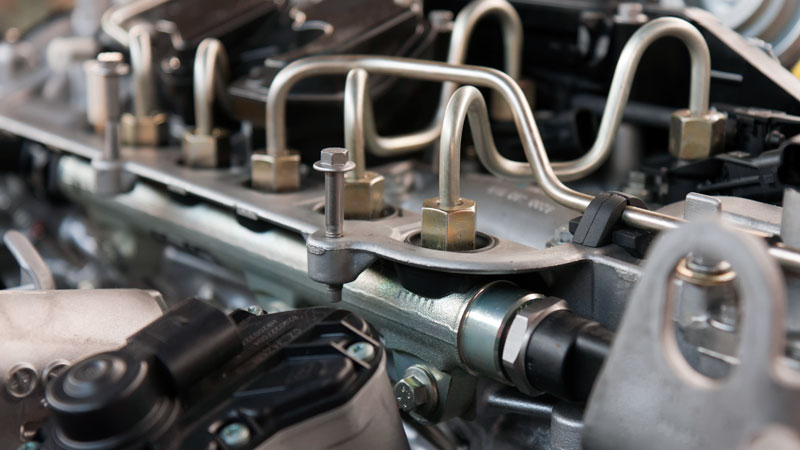
If any of the components in your fuel system stop working correctly, like your fuel injectors, fuel pump, or fuel pressure regulator, then your engine won't get the proper amount of fuel it needs for combustion. This will cause your engine to lag, stumble, or hesitate.
4) Faulty Ignition System
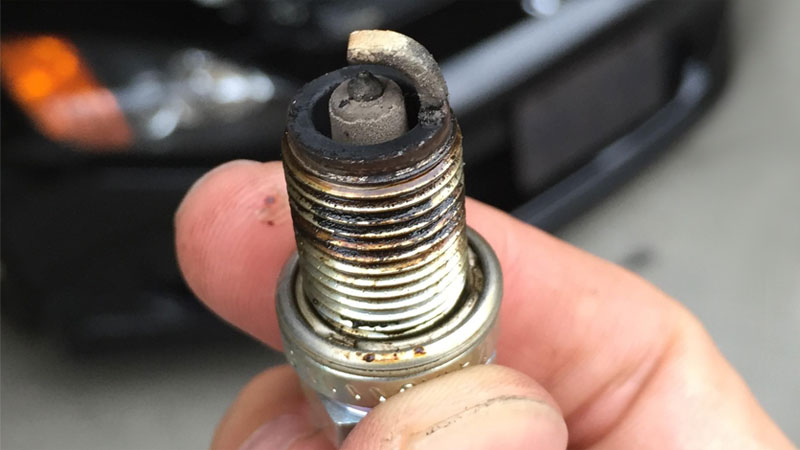
If there is a problem with your ignition system, such as with your spark plugs, rotor, or wires, then your engine will lose power at inconsistent times. This will cause hesitation as you accelerate.
5) Dirty Fuel Injectors
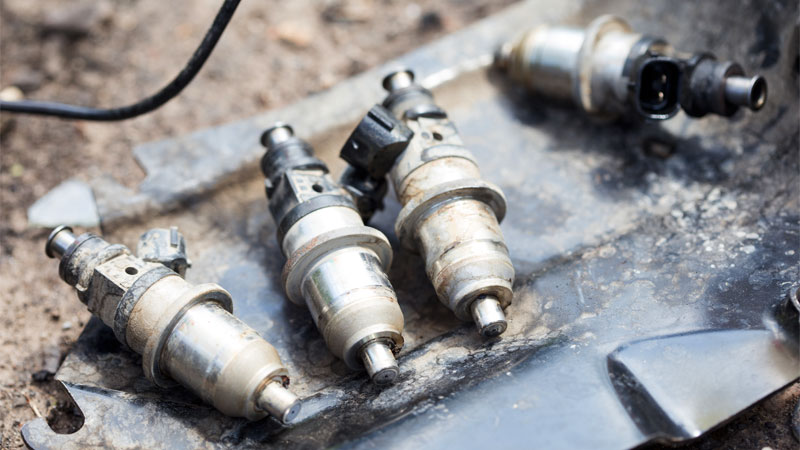
If you have not cleaned your fuel injectors for a long time, then they're probably corroded with carbon deposits or other debris. If you let your fuel injectors continue to be dirty, then it will impact how much fuel gets injected into the chamber.
A good fuel injector cleaner is often a good, cheap fix that will restore proper fuel flow from the injectors. If that doesn't do the trick, you may need to have them professionally cleaned or simply replaced with new fuel injectors.
6) Bad Oxygen Sensor
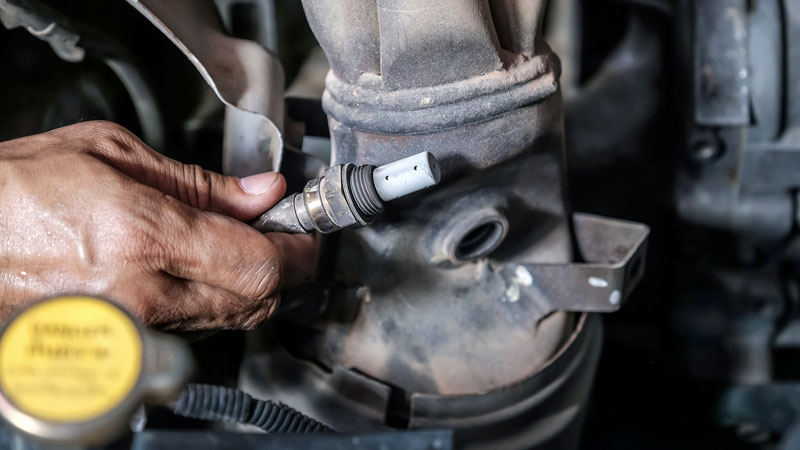
The oxygen sensor is responsible for calculating the amount of oxygen that was not burned in the exhaust system. Based on this information, the engine control unit will know if there is too much or too little oxygen being ignited in the chamber.
If the oxygen sensor is not working properly, then the proper air and fuel mixture cannot be achieved.
7) Faulty Mass Air Flow Sensor
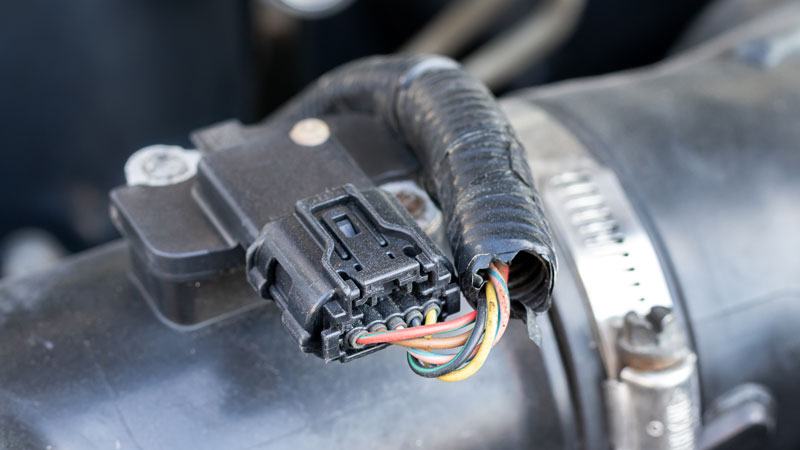
When outside air goes into the engine as part of the combustion process, the mass air flow (MAF) sensor measures how much of this air is going in. This helps the engine control unit determine the right amount of fuel to inject into the chamber.
But if this sensor is bad, then the wrong amount of fuel will get injected and cause engine hesitation.
8) Bad Manifold Absolute Pressure Sensor
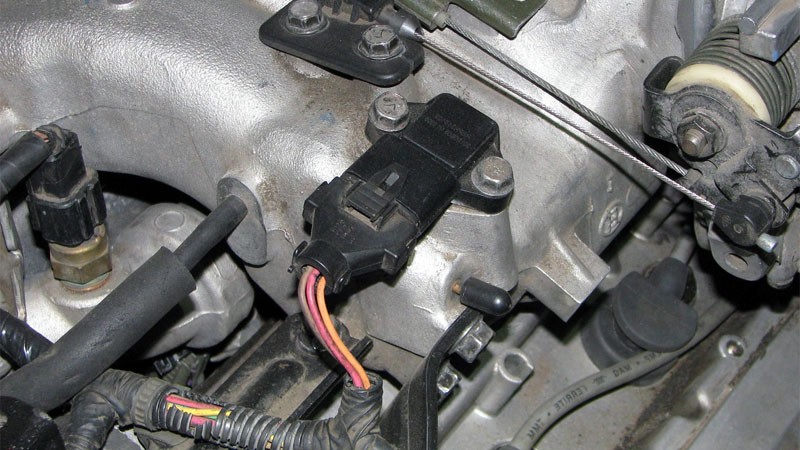
The engine control unit depends on the MAP sensor to determine the engine load. This is how the timing of fuel injections into the chamber is made. If the MAP sensor is not working, the engine control unit won't know how much fuel to inject in order to accommodate the given engine load.
9) Faulty Exhaust Gas Recirculation Valve
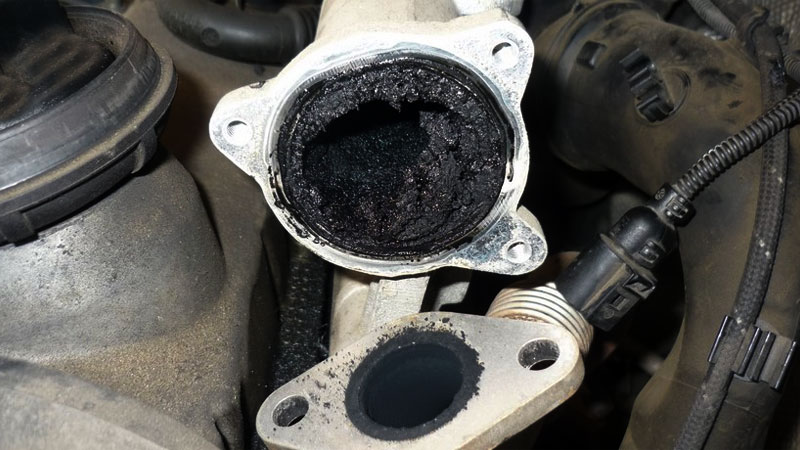
The exhaust gas recirculation valve, or EGR valve, may be damaged and causing a leak. This is known to cause engine hesitation problems, so it should be addressed.
10) Bad Fuel
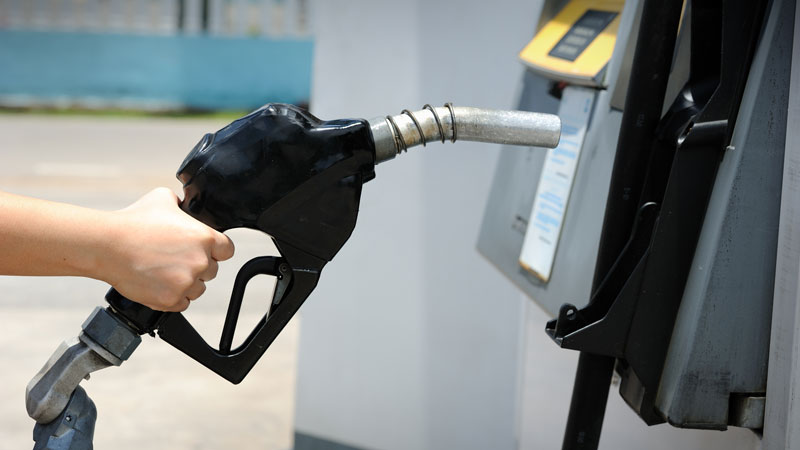
If you are using bad fuel which is has been sitting in your tank for too long or is too low of an octane for your engine, it can cause many different problems. Hesitation will be the beginning of your troubles so look at it as a warning sign if you notice your engine hesitate when you accelerate from a stop.
browningstroned43.blogspot.com
Source: https://oards.com/causes-of-car-engine-hesitation/
0 Response to "What Is Wrong With a Car if Its Hesitating and the Speedometer Is Acting Funny"
Postar um comentário